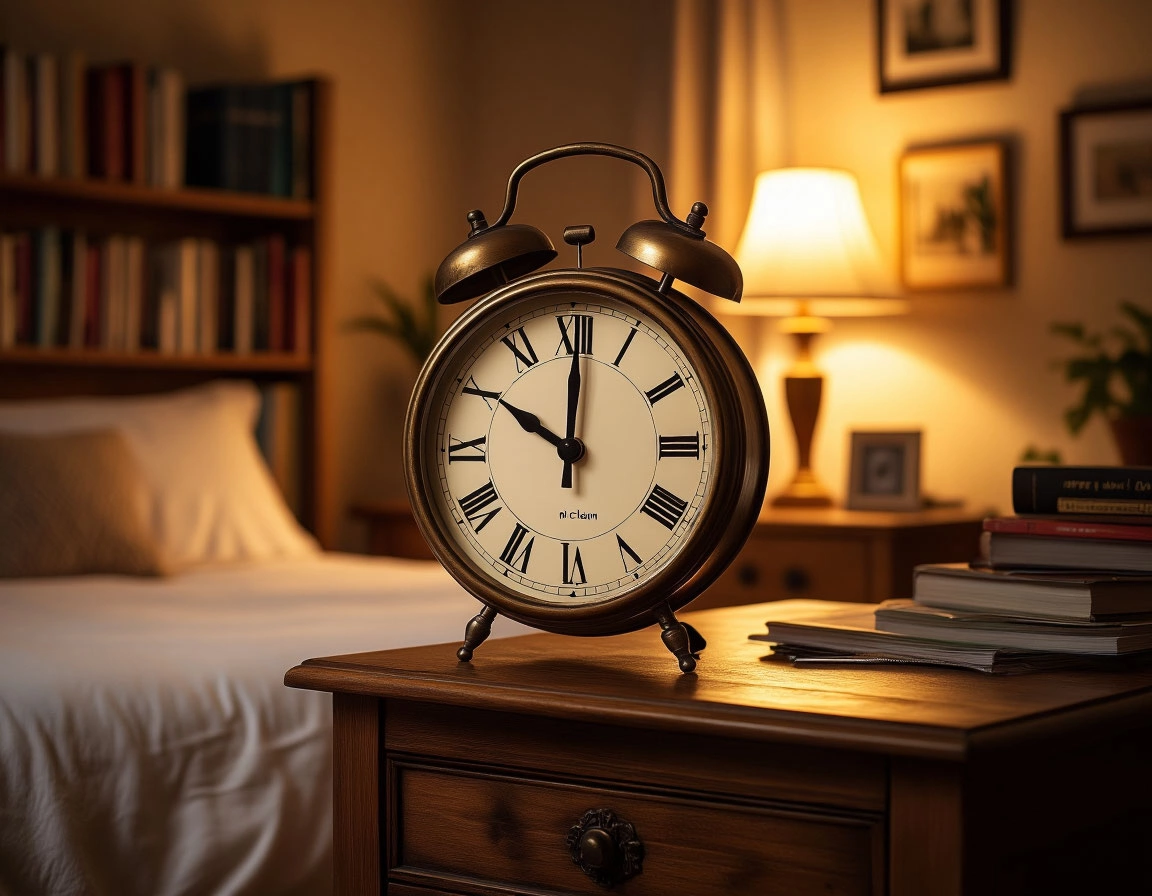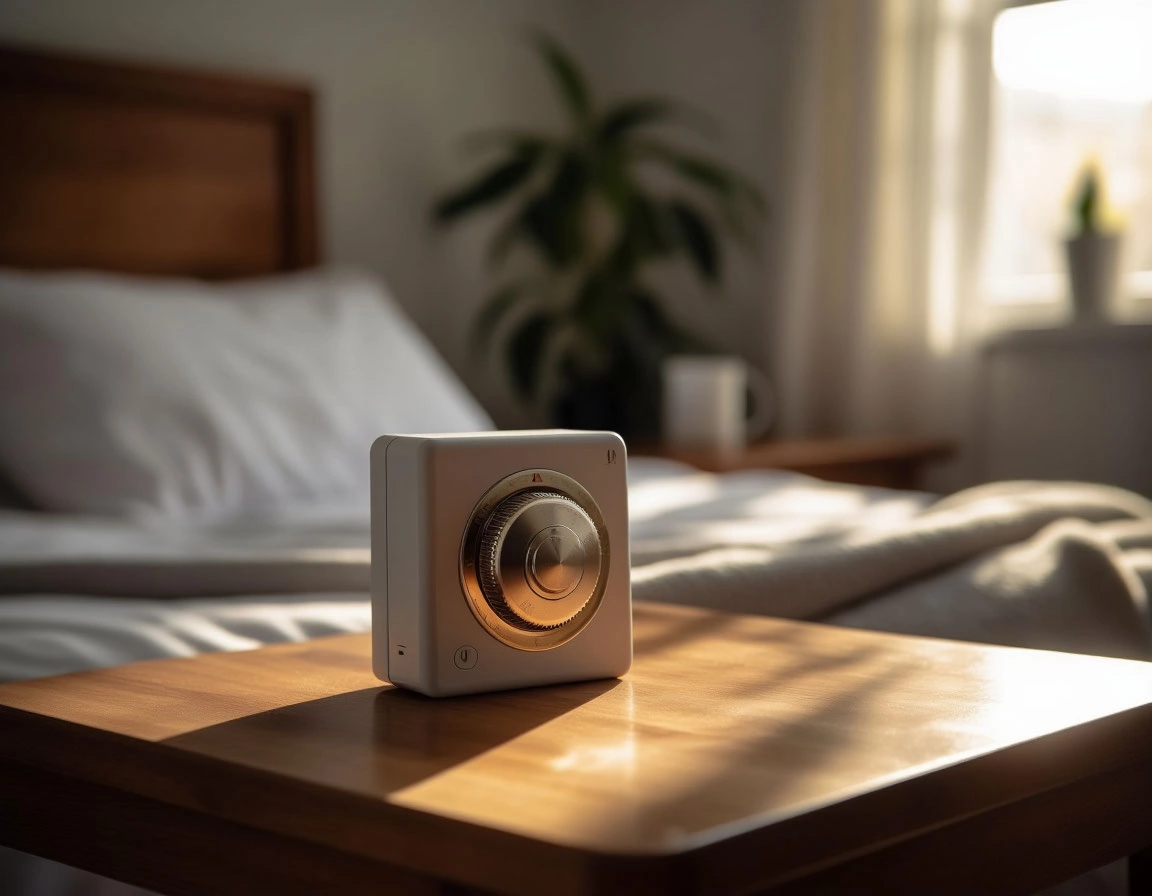🌙 7 Tips for Better Sleep
Getting a good night’s sleep is not just a luxury — it’s essential for your mental clarity, physical well-being, and emotional balance. While we often focus on productivity, exercise, or diet to improve health, we sometimes overlook one of the most important contributors to our overall well-being: sleep.
Sleep hygiene — a term that refers to the habits and environment that support healthy, restful sleep — plays a crucial role in helping us recharge. And if you’ve ever stared at the ceiling at 3 a.m., frustrated that you can’t fall asleep even though you're exhausted, you know how valuable good sleep really is.
Let’s explore 7 powerful tips to improve the quality of your sleep and feel more energized every day:
⏰ 1. Stick to a Consistent Sleep Schedule
Your body has an internal clock — and it loves consistency. Going to bed and waking up at the same time each day (even on weekends!) helps regulate your circadian rhythm. If you sleep in until noon on Sunday, you may find yourself lying awake Sunday night, unable to fall asleep, which can disrupt your entire week.

🌡 2. Find Your Ideal Room Temperature
Temperature can make or break your sleep quality. Experts suggest that the optimal sleeping temperature for most adults is between 15°C and 19°C (59°F to 66°F). However, older adults may prefer it slightly warmer — around 20°C to 25°C (68°F to 77°F).
Experiment by adjusting your thermostat or using layers of bedding until you find the most comfortable temperature for uninterrupted sleep.

🌘 3. Eliminate Excess Light
Light is one of the strongest signals your brain receives about whether it's time to wake up or sleep. Even small amounts of light — from street lamps, phones, or LEDs — can interfere with melatonin production and disrupt your sleep.
Use blackout curtains or a sleep mask to block out light and create a truly restful space.
🧘♀️ 4. Incorporate Gentle Evening Movement
Physical activity during the day promotes better sleep at night. However, intense workouts close to bedtime can be overstimulating. Instead, opt for gentle evening routines like yoga, stretching, or deep breathing exercises to relax your nervous system.
📵 5. Disconnect from Devices Before Bed
The blue light emitted by smartphones, tablets, and laptops suppresses melatonin, the hormone responsible for sleep. Turn off screens at least an hour before bed and replace screen time with calming activities such as reading a book or journaling.

🚫 6. Avoid Caffeine, Alcohol & Heavy Meals Before Sleep
Late-night stimulants and heavy dinners can interfere with your ability to fall and stay asleep. Instead of coffee, opt for a soothing drink like warm milk or chamomile tea. Foods rich in tryptophan — like bananas and avocados — can help increase melatonin naturally.
🥦 7. Support Your Body with Sleep-Friendly Nutrition
Even with the best intentions, our diet may lack certain key nutrients for optimal rest.
Supplementing with the right vitamins and minerals can help bridge the gap:
* B-Complex: Includes a full spectrum of B vitamins to support your nervous system, energy levels, and mood regulation.
* Magnesium Citrate: A highly absorbable form of magnesium that supports muscle relaxation and helps ease you into deeper sleep.
* Sleep & Stress Relief Formula: A blend of calming plant extracts like valerian root, passionflower, hops, L-theanine, and vitamin B6 — designed to help you unwind after a stressful day and sleep more soundly.

Close